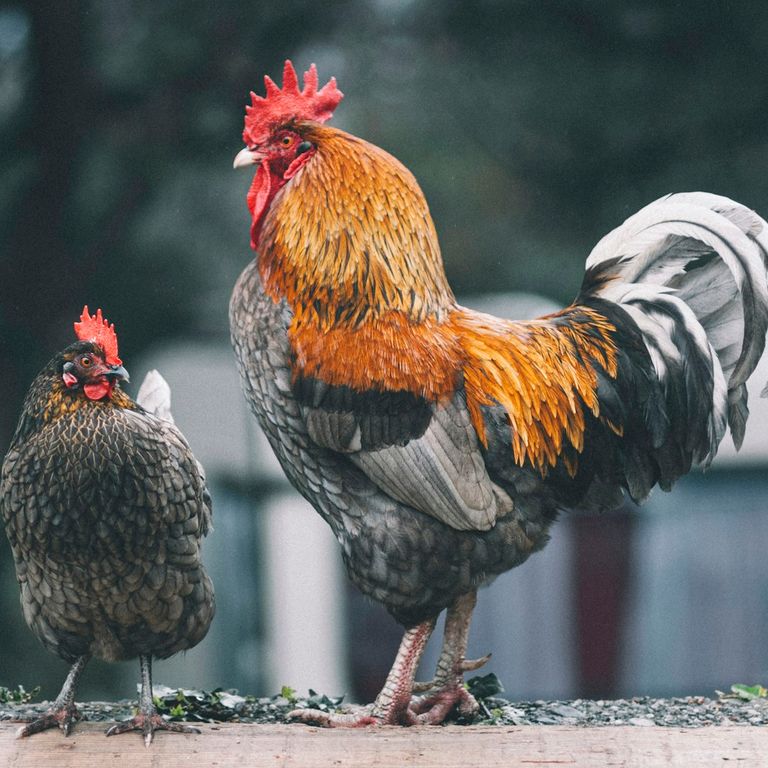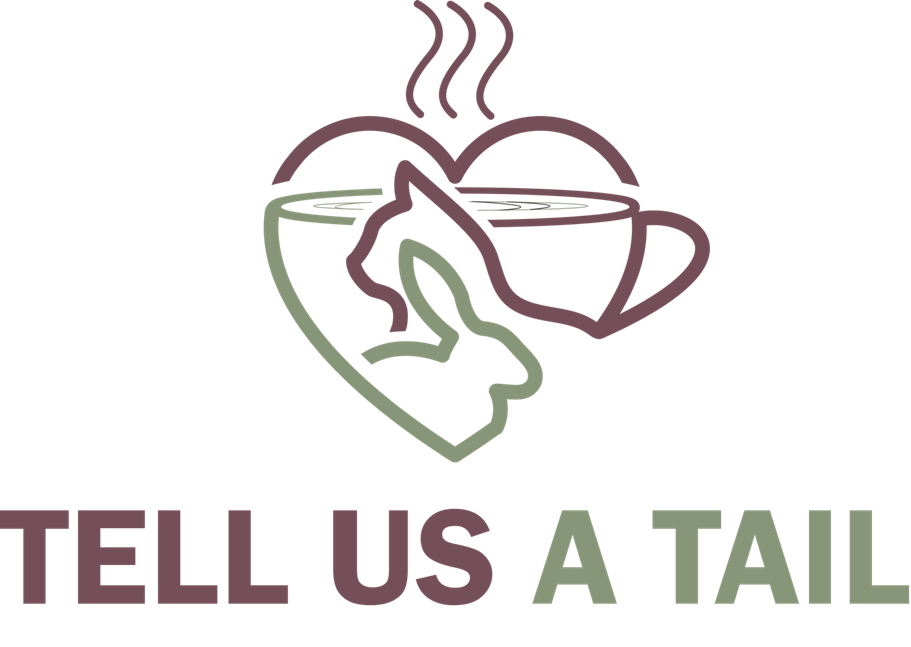Playing Emotional Chicken - Navigating Dating
In the landscape of modern dating apps, those drop-down terms can feel like a never-ending buffet: situationship, casual fun, short-term, open to long-term, life partner. Each comes with its own definition — or rather, a hundred interpretations. One person’s “casual fun” might look identical to another’s “open to a life partner.” No wonder so many of us are confused, standing there like deer in headlights, desperate to feel less “too much” while holding that trembling heart in our hands.
Add to this an ever-expanding urban dictionary — ghosting, zombieing, breadcrumbing, talking — and suddenly finding someone kind and emotionally available feels like solving a puzzle with pieces from five different boxes, and no picture to guide us. The human heart wasn’t designed for this level of decoding.
The Communication Myth
The belief that “asking questions makes you needy” is one we need to throw out. It’s a shame-soaked narrative that keeps people from being authentic. In therapy rooms, it often sounds like, “I’m scared I’ll be too much.” But authenticity is far more compelling than performing detachment. Asking for clarity isn’t weakness; it’s simply saying, This is who I am, and this is what I need. In healthy relationships — whether short or long-term — clear communication isn’t optional. It’s essential, and it’s deserved.
Still, things get messy. Even when we think we’ve agreed on the terms and all lights are green, those lines can start to blur. The clarity we once held wobbles. Suddenly, we’re second-guessing — is this still just “casual fun,” or are we quietly hoping for something more? Old wounds whisper worries about being reopened, and we instinctively tuck our hearts back inside.
That’s when the game of emotional chicken begins.
What is Emotional Chicken?
I was sat in a coffee shop, tipping brown sugar into my coffee, when I realised the sugar packets were the perfect metaphor. Picture two of them on a coffee-stained table, inching towards each other with the push of a finger. Nobody wants to be the first to move fully forward.
It’s not like the chicken car-racing scene in Rebel Without A Cause - Or Footloose. No one wants to even start a game of emotional chicken.
Why? Because showing how we feel means risking rejection. It means reopening wounds that took years of emotional physio to heal, wounds we’re reluctant to gamble with again.
The fear of rejection is primal. Think back to childhood (the 80s, in my case) — maybe that first playground note, “Do you like me? Circle yes or no.” The sting of a red-penned NO was unforgettable. Our nervous systems, hardwired to avoid emotional pain, learned early: Never again.
And so emotional chicken is born. We want connection, but fear the vulnerability needed to create it. We hover, waiting for the other person to be brave first — to say, I like you. Do you like me too? The first sugar packet edges forward, willing to be torn open.
The Cost of Avoidance
Avoidance feels protective in the moment, but it often costs us more than we realise. We might dodge the sting of rejection, but we also dodge real intimacy. People with avoidant or anxious attachment styles often find emotional chicken exhausting: endless overthinking, silent mental chess, or defensive exits that sound like, “I don’t really like them anyway.”
The wound doesn’t heal this way. It just hides under a bandage that never gets changed.
Reframing the Game
What if bravery and vulnerability weren’t opposites but partners? Vulnerability is courage. Think of a firefighter heading into a burning building — brave and vulnerable in the same breath. One can’t exist without the other.
Instead of seeing honesty as handing someone a sword and waiting for the stab, we can reframe it:
• Vulnerability is an invitation, not a weakness.
• Honesty creates clarity, which is kinder than confusion.
• Both people are already being brave simply by showing up.
Imagine saying, “I like you, and these are my boundaries,” with the same simplicity we once circled yes or no on that playground note. What if we stopped trying to have the upper hand and saw each other as teammates rather than opponents? We could accept that everyone feels both brave and vulnerable at once — and that’s the point.
When we remember that both people are likely scared, both are protecting themselves, and both are trying — clumsily or otherwise — to connect, the whole dynamic softens. And just like that, the sugar pours where it’s meant to. What if the bravest thing we could do isn’t to win the game, but to admit we’re actually playing?
Perhaps the game isn’t about who moves first, but how we choose to meet ourselves there.
If you recognise yourself in this article I invite you to ask -
1. What’s the worst that could happen if you stopped pretending to be the cool one and just said what you really feel?
2. When did holding back start to feel safer than leaning in — and is it still serving you?
3. What would it feel like to offer yourself the honesty and tenderness you hope someone else will give you?
4. How might your life change if you poured the same warmth and certainty into yourself that you long for from another?

